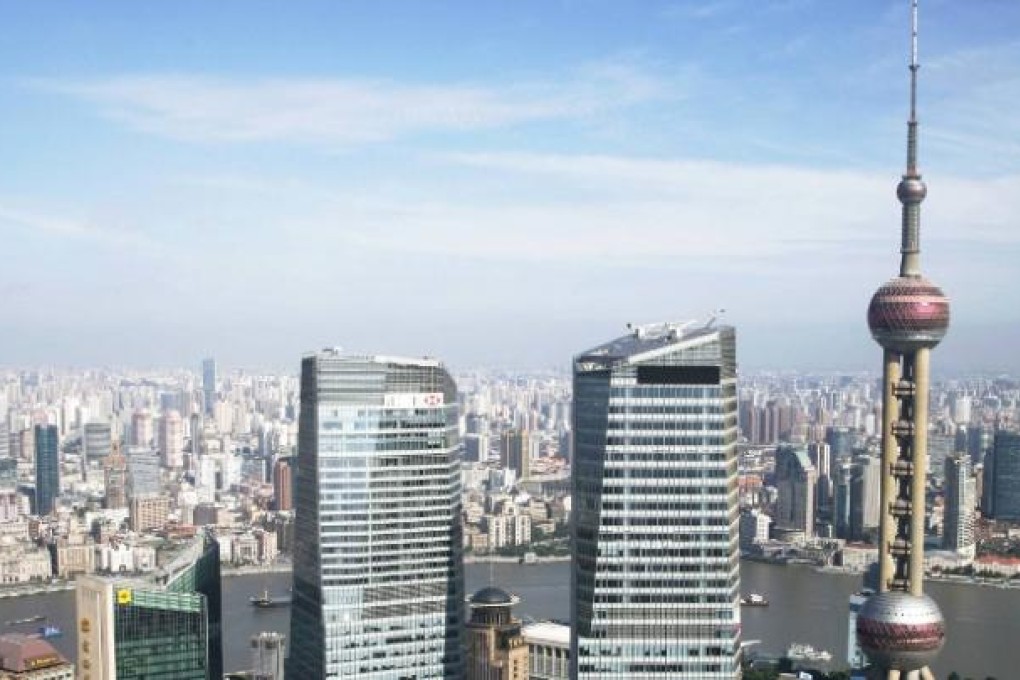High expectations
Comfort and convenience make Beijing and Shanghai ideal for expats.

Beijing and Shanghai are the best cities for expatriates to live in. However, this may indicate that the two have the largest expat populations and better amenities, services and opportunities, instead of where they prefer to live.
The 2011 Amazing China survey was conduced by Chinajob.com, under China's State Administration of Foreign Experts Affairs (SAFEA) between July last year and January, and ranks cities according to how livable they are for expats.
A total of 18,000 votes were received to rank 20 shortlisted cities based on government policies, administration, working conditions and living environment, that were further broken down to 18 categories.
The top 10 cities in order were Beijing, Shanghai, Tianjin, Shenzhen, Wuhan, Guangzhou, Suzhou, Chongqing, Xiamen and Hangzhou.
Beijing and Shanghai led other cities by a big margin as they took the top two positions in all but one of the categories.
According to a summary of findings published in the China Daily in April, living environment seems to be the main concern, as those cities facing environmental problems seemed less attractive to foreigners; so did those cities that had low ratings in "international education for children".
Respondents also cited pollution and traffic as the main challenges, but they are aware of efforts under way by local governments to improve environmental conditions.